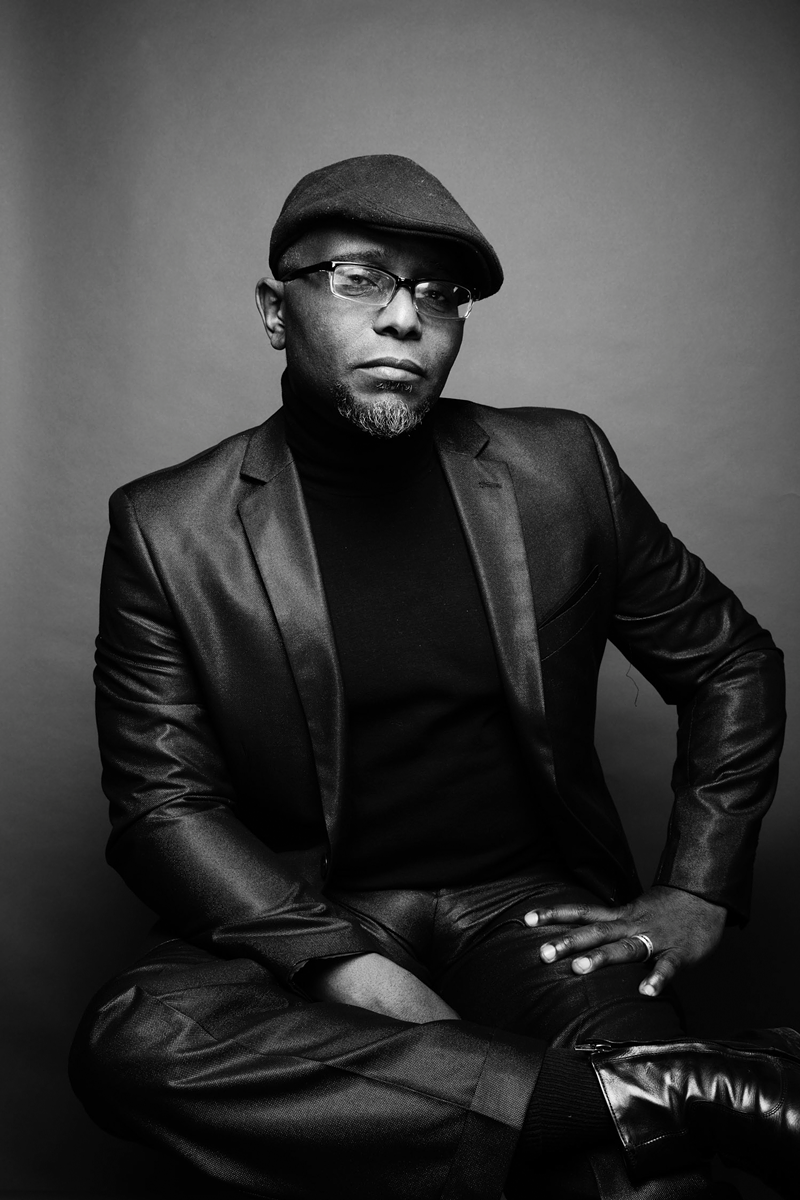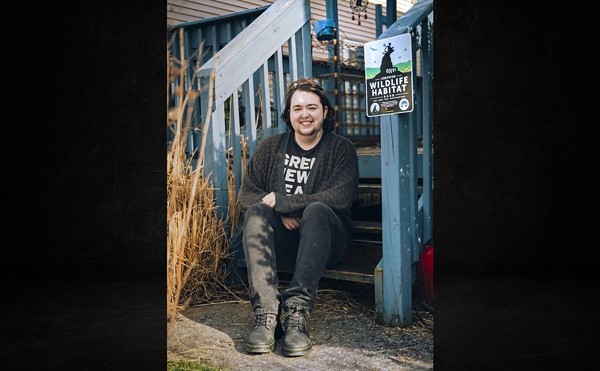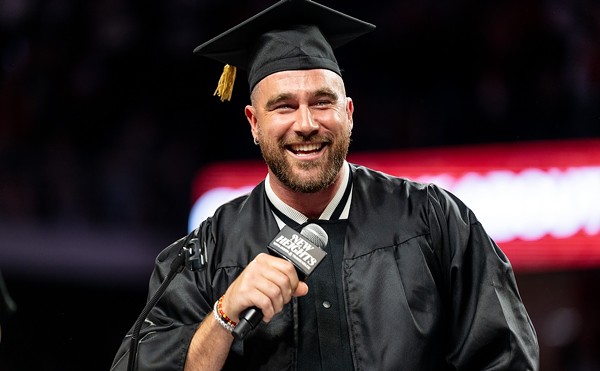Tyehimba Jess is obsessed with music and the ways it infects how we express ourselves. Music — and musicality — dominates Jess’ two books of poetry. leadbelly, which surfaced in 2004, centers on the singer, songwriter and guitarist whose various hardships inevitably mark his haunting Folk and Blues songs.
Jess’ long-simmering follow-up, 2016’s Olio, is an even more ambitious venture, an immersive, multidimensional experience told through a cast of real-life characters — or, as he writes in the book’s introduction, “Owners of This Olio” — from post-Civil War to the dawn of the 20th century: African-American artists and musicians like John William “Blind” Boone, the Fisk Jubilee Singers, Sissieretta Jones, “Blind” Tom Wiggins, Scott Joplin and Booker T. Washington.
Olio won the 2017 Pulitzer Prize in poetry and confirmed, as if it wasn’t already evident, the arrival of a singular voice with a talent for reviving far-off figures in a new and visceral way. CityBeat recently connected with Jess to discuss everything from his upcoming appearances at the University of Cincinnati on April 21 and 23 to his keen interest in tying the past to the present.
CityBeat: Music has always been central in your writing, so I guess it’s no surprise that you would title your lecture “Poetry’s Musical Bloodline: A Sociohistorical Soundtrack.” What should attendees at your Cincinnati event expect?
Tyehimba Jess: I think what I’m going to be talking about is how music influences our literature, especially African-American literature. When you look at African-American literature, the very first literature was the music. You have to remember that up until one great-grandma ago, it was illegal for my family to read, so the literature was passed down through song in many ways. The literature was the song: the work song, the gospel. It was taking the rhythms from the old country — meaning the west coast of Africa — and using the instrumentation of the new country and forging those songs. Sometimes it was done through just the body itself: the hand clap, the foot stomp. The drum was taken away.
So, when you’re talking about the literature of that sonic bloodline, that musical bloodline, the heritage that I trace is African-American heritage. But we’re also talking about other heritages as well because it’s very often that people’s music filters into their sense of poetry, their sense of rhythm, their sense of line.
CB: Olio and leadbelly focus on real-life people from a particular time and place. Why were you interested in those particular lives and that particular setting?
TJ: Studying the lives and the histories of the people who produced the music, who produced the intellectual property that this nation’s economy thrives on — look at the billions of dollars that go into the music industry and look at where most of the music in America is inspired from: it’s black folks — looking into that history from multiple angles, people’s personal history, the economic history, the histories of their development as artists, it was intriguing to me. And I think it’s more intriguing the farther back one goes.
My first book was about Lead Belly, one of the progenitors of American Folk music. Olio is about the people who preceded him, the people who were making music before he was born or were creating their art before he was born. A lot of the work that I produce is interrogating the histories that we’ve been provided regarding our culture, the development of our music and also trying to understand the path that these artists had to take in the 19th century and comparing it to the paths that we are choosing today.
CB: Given that your subjects are real people from the past, how do you go about channeling them? Do you feel a responsibility to represent them in an authentic way?
TJ: It’s definitely something I think about. The way I try to deal with it is that I try to do as much research about the people I’m writing about as I possibly can. That means going through a lot of archives, looking up as much information as I can in order to get their stories straight. After that, it means trying to put myself in their place, trying to understand how they might have felt in these circumstances. I also think it means understanding, no matter how much I might think I’m putting myself in their place in the poems or the things that I write, there’s going to be a bunch of me in there, too.
I think it would be insincere for me to think that I am channeling them, so to speak. I’m trying to understand their experience and I’m filtering it through my own experiences in the 21st century. So, it’s really an approximation of the issues they faced individually. It is speculation based on real events that happened in these people’s lives.
CB: You grew up in Detroit in the 1970s and early 1980s. How did coming out of that particular place influence your writing?
TJ: The benefit that I had was that I grew up in a black democracy. In other words, ever since I knew what a mayor was, the mayor was black: Coleman Young. The city council was black. So that was not really a surprise to me or anything like that. Benefitting from that kind of orientation was critical. I think the other thing is that I grew up in a city that was facing the challenges of deindustrialization and eventual gentrification way before the rest of the country. I got to see that in a different way up close, to experience the ravages of seeing a city try to retain its population and its job base against overwhelming odds. I got to see all of that.
CB: What’s next for you? Are you working on a new book? Do you feel any added pressure with so many more eyes and ears trained your way?
TJ: (Laughs.) One word at a time. And sell no rhyme before it’s time. That’s all I’m going to say on that one.
Tyehimba Jess will give a lecture on April 21 and a poetry reading on April 23 — both in the Langsam Library’s Elliston Poetry Room — as part of the University of Cincinnati’s Visiting Writer Series. More info: artsci.uc.edu.






